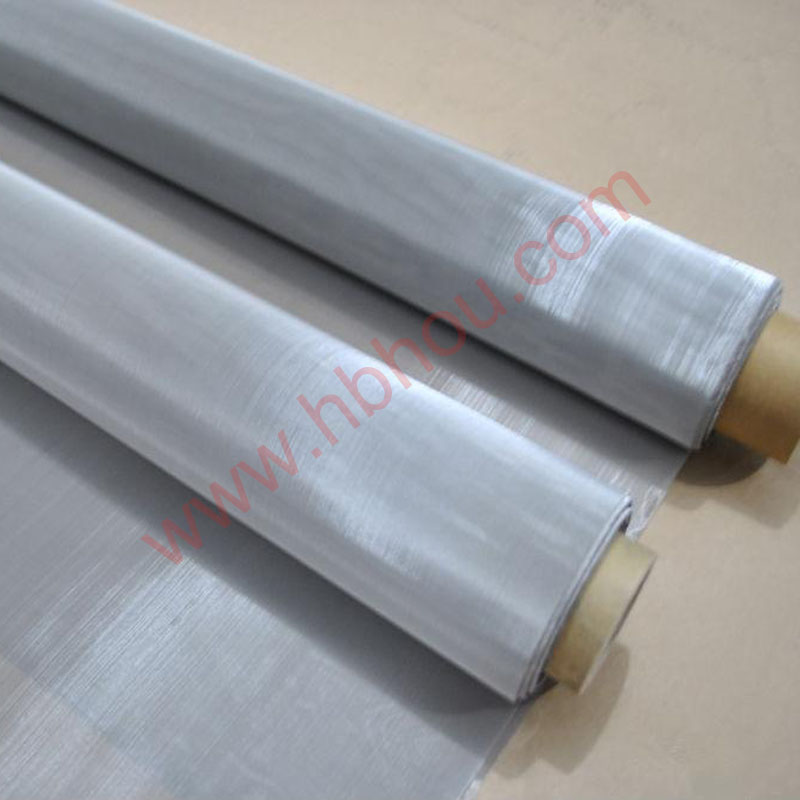Understanding Iron Wire Sizes A Comprehensive Guide
When it comes to selecting the right iron wire for your project, understanding the various sizes and specifications is crucial. Iron wire is widely used in construction, crafting, gardening, and various industrial applications due to its strength, durability, and ease of manipulation. This article aims to provide a detailed overview of iron wire sizes to help you make informed decisions.
The Basics of Iron Wire
Iron wire is typically made from low-carbon steel, which offers excellent malleability and tensile strength. It is available in various diameters and gauges, which refer to the thickness of the wire. The sizing of iron wire often follows standard measurements, allowing users to select the appropriate thickness for their specific needs.
Wire Gauge System
The wire gauge system is a standardized method for measuring the diameter of round wire. In this system, a higher gauge number indicates a thinner wire, while a lower gauge number indicates a thicker wire. For instance, an 18-gauge wire is thicker than a 20-gauge wire. The American Wire Gauge (AWG) system is commonly used in the United States, while other countries might use different standards.
Common Sizes of Iron Wire
Iron wire is available in various sizes, with the most common gauges ranging from 10 to 30. Here’s a brief overview of some popular sizes and their typical applications
- 10-gauge wire (Approx. 2.6 mm) This thick wire is ideal for heavy-duty applications such as fencing, reinforcing concrete, and structural supports.
- 12-gauge wire (Approx. 2.05 mm) Often used for general-purpose fencing and crafting projects, 12-gauge wire strikes an excellent balance between flexibility and strength.
- 14-gauge wire (Approx. 1.6 mm) Suitable for various applications, including garden fencing, crafts, and electrical grounding.
iron wire size

- 16-gauge wire (Approx. 1.29 mm) Popular in DIY projects and light-duty applications, it is easy to bend and manipulate.
- 18-gauge wire (Approx. 1.02 mm) Often used in delicate crafting work, jewelry making, and lightweight structures.
Choosing the Right Size
The choice of wire size depends on the specific requirements of your project. Here are several factors to consider
1. Load-Bearing Capacity If your application requires supporting weight or enduring stress, opt for thicker wires (lower gauge numbers). For lighter applications, thinner wire will suffice.
2. Flexibility If you need to bend or shape the wire easily, consider using a thinner gauge. However, this might compromise the strength, so make sure the application allows for some flexibility.
3. Corrosion Resistance Iron wire can rust if exposed to moisture. For outdoor projects or applications where corrosion is a concern, consider galvanized or coated iron wire, which provides additional protection.
4. Aesthetic Needs For decorative projects, the visual appearance of the wire may matter. Thinner wires can create intricate designs, while thicker wires offer a more robust and industrial feel.
Conclusion
Understanding iron wire sizes and specifications is essential for selecting the right material for your projects. By considering factors such as load-bearing capacity, flexibility, corrosion resistance, and aesthetic requirements, you can ensure that you choose the most suitable wire for your needs. Whether you are building a fence, crafting jewelry, or engaging in construction projects, the right iron wire will provide the strength and versatility you require. With this knowledge, you're better equipped to navigate the world of iron wire and make decisions that will enhance your projects and outcomes.
















